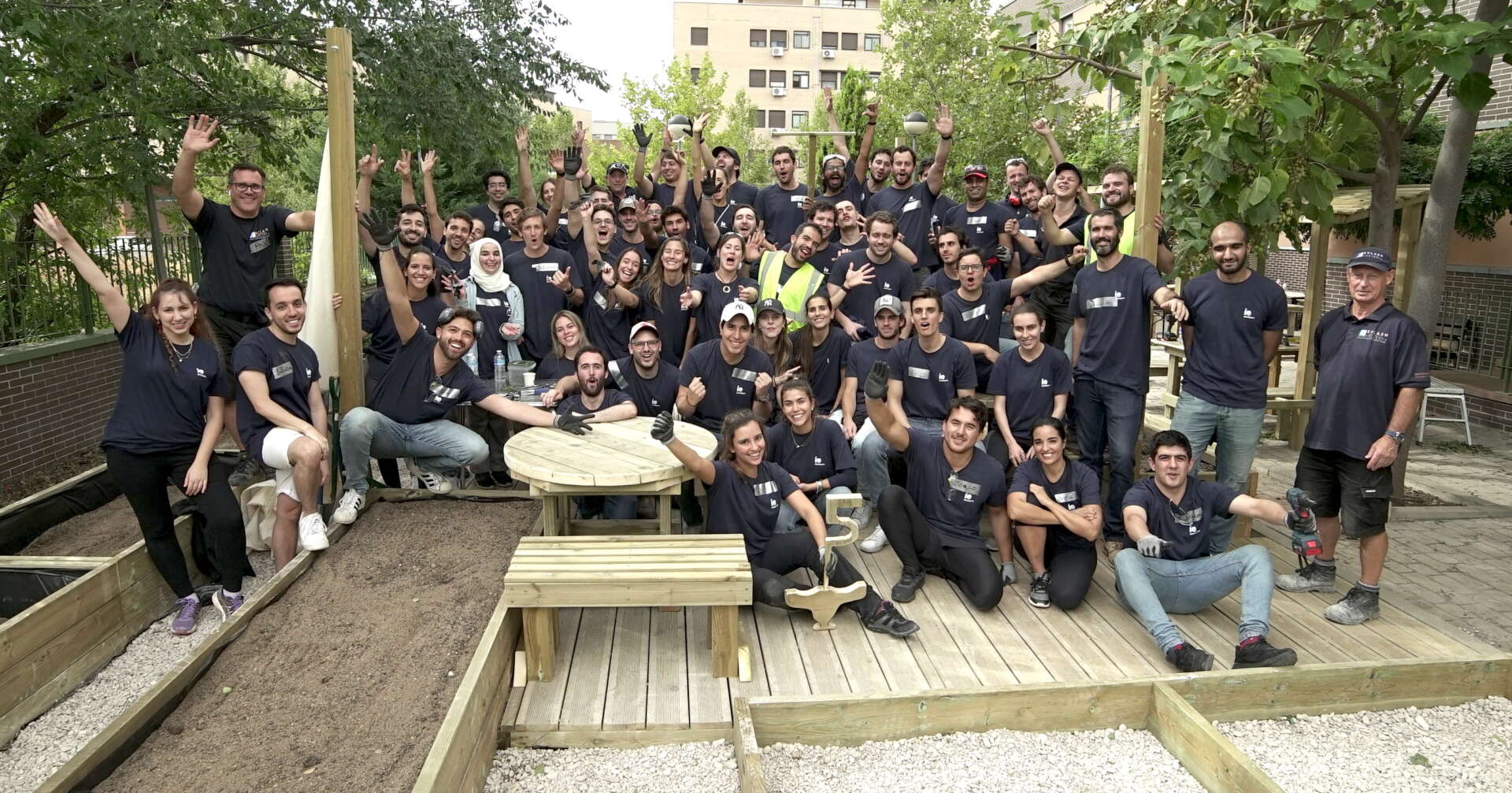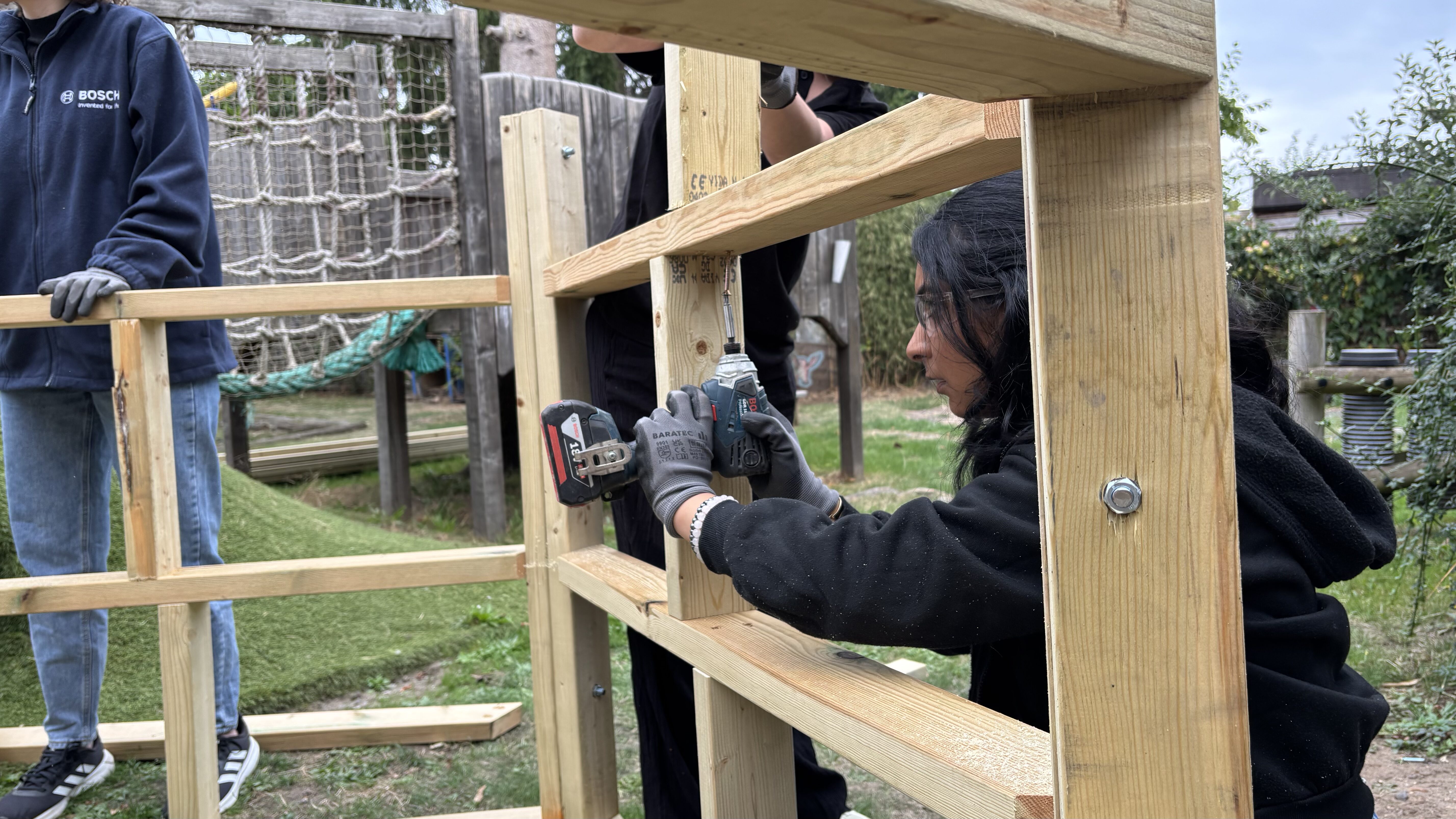
Business Schools and Social Impact
Sam Ferdinand, Business and International Relations student at IE Business School, explains why business schools have a responsibility to their students to support social impact initiatives…
“Having a positive social impact is a vital element in projects and ventures for me and my peers, since we aim to become leaders who do well and do good in each of our fields. At our business school many of us agree that the best way to make a positive impact on society is by doing well ourselves and channelling our resources for a social purpose.”
Responsibility & Sustainability
“Business schools train many of tomorrow’s biggest business leaders, so if in the future we wish to have a society with more socially responsible operations, said leaders should receive education in sustainability and social impact as a mandatory part of their curricula.
“At the end of the day, business schools are currently responsible for much of how the economy will work in the future, so their role is key.”
Ranking business schools for their social impact
“I think ranking is an interesting evaluation method to be implemented and is something I support. For IE Business School it is important to provide students with the knowledge and tools necessary to do well in their future ventures and harness it to do good for society, but it is complicated to quantify exactly how much different schools contribute to social impact.”
Where Splash Projects come in
“Incorporating a Splash Project relating to sustainability as a mandatory part of students’ studies has been very useful not only to teach us about social impact, but also to work towards it with a completely hands-on approach. Our study plan also integrates courses and projects on social responsibility and sustainable finance, for instance.
“Splash Projects are wonderful because they integrate so many things for their participants. A Splash Project is a perfect combination of teamwork, leadership, time management, social purpose, and adaptability. Participants have to work together and confront challenges, both expected and unexpected, to add their grain of salt to the local community.
“The experience participants get from physically working on a project is much stronger and more effective than what they can do in the classroom.”


